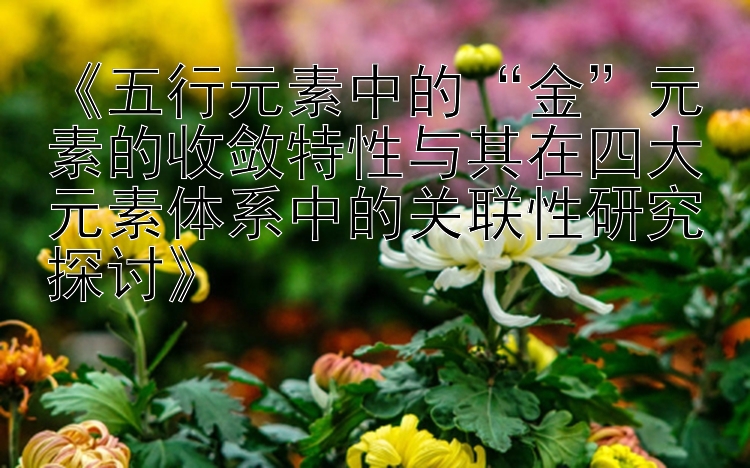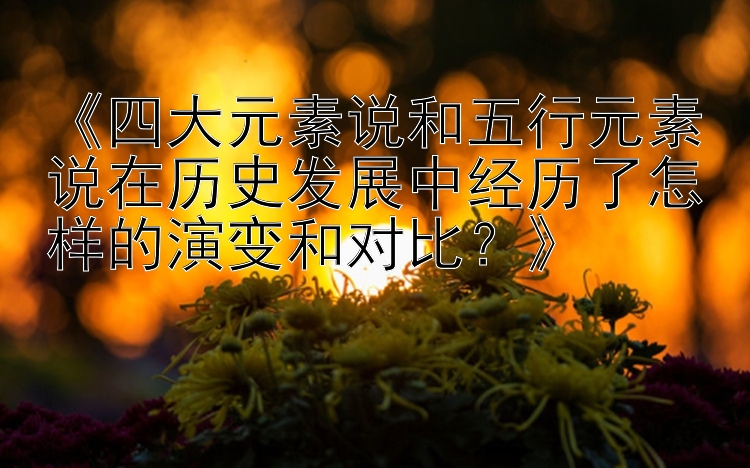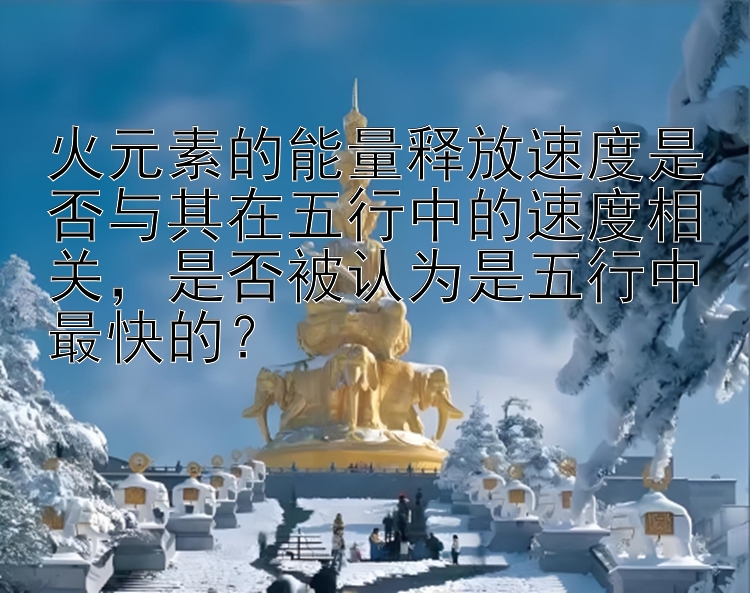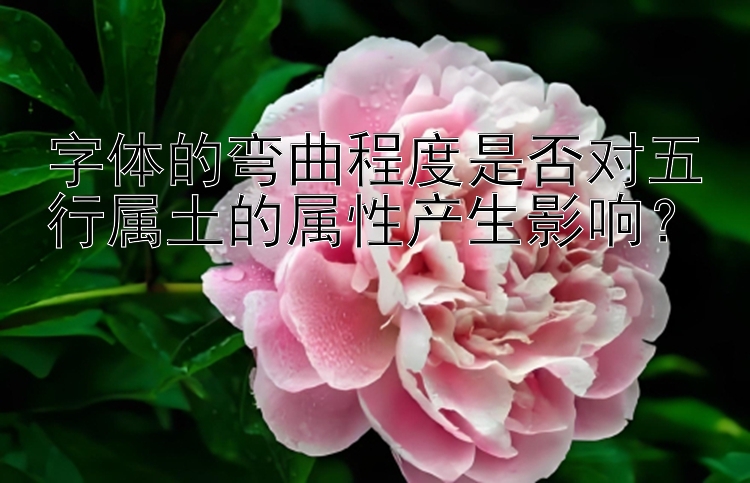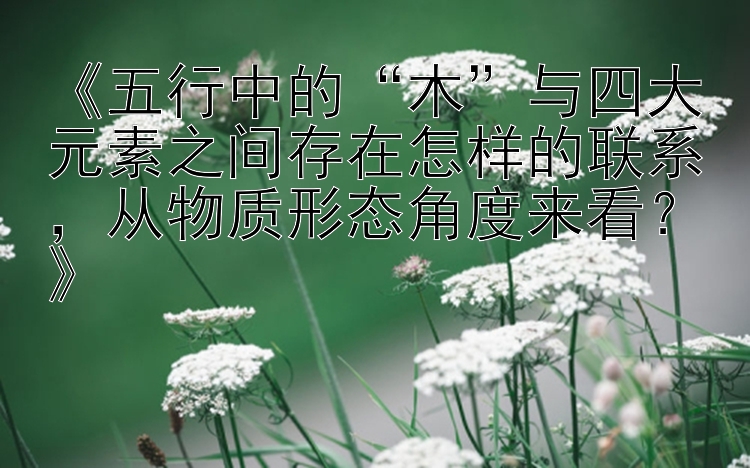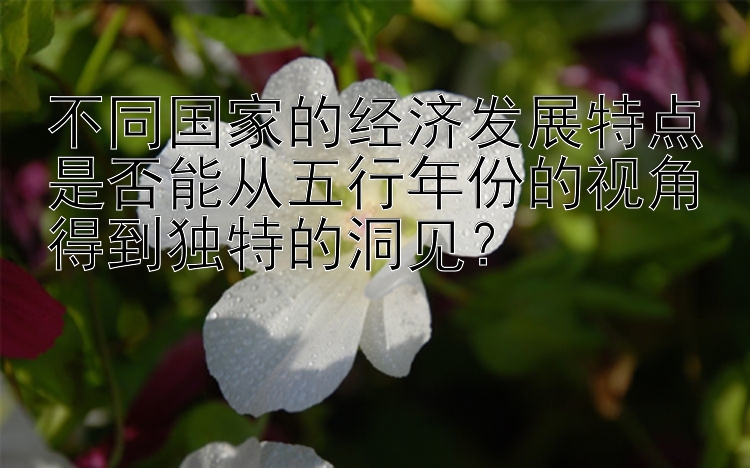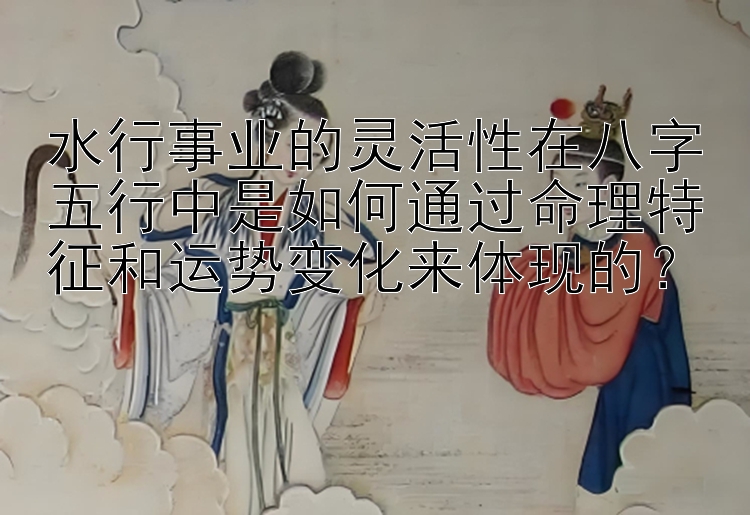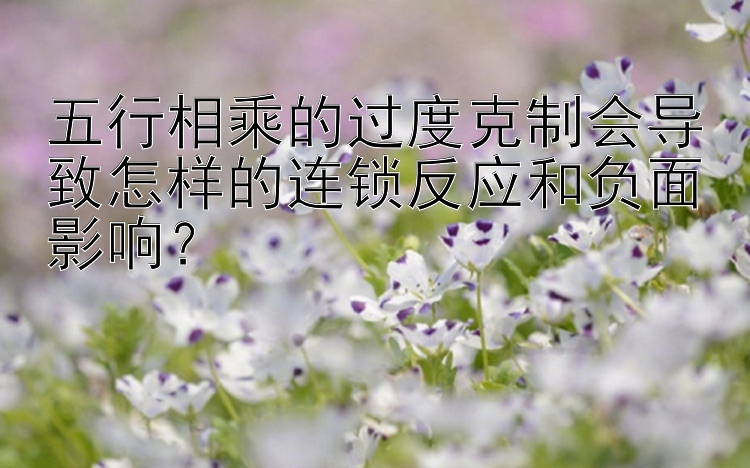五行与环境保护有何关联?
在古代中国哲学中,五行(Wood, Fire, Earth, Metal, and Water)不仅是宇宙的基本元素,也是理解世界万物相互关系的基础框架之一。这五种元素 are believed to govern the natural cycles of life, including the weather, seasons, and even human emotions. In recent years, there has been a growing interest in exploring how these ancient concepts might relate to modern environmental concerns.
The Ecosystem Balance of the Five Elements:
Just as each element has its own characteristics and properties within the context of Chinese philosophy, they also play distinct roles in maintaining the balance of ecosystems. Wood represents growth and renewal; it is associated with springtime and the birth of new life. Fire symbolizes transformation and energy; it corresponds to summer's heat and intensity. Earth stands for stability and nourishment; it embodies the nurturing qualities of the soil that support plant life. Metal represents structure and restriction; it is linked to autumn when plants wither and die back. Finally, water signifies fluidity and change; it correlates with winter's coldness and the return of water to a solid state through freezing temperatures.
Each element interacts with the others in both harmonious and disharmonious ways. For example, too much fire can lead to drought or forest fires, while an excess of metal may cause deforestation due to over-mining activities. Conversely, wood helps prevent soil erosion by providing roots that hold the earth together, while water cools down excessive heat from fire during periods of extreme climate conditions such as wildfires. By understanding these relationships between elements, we can better appreciate their role in preserving our environment.

